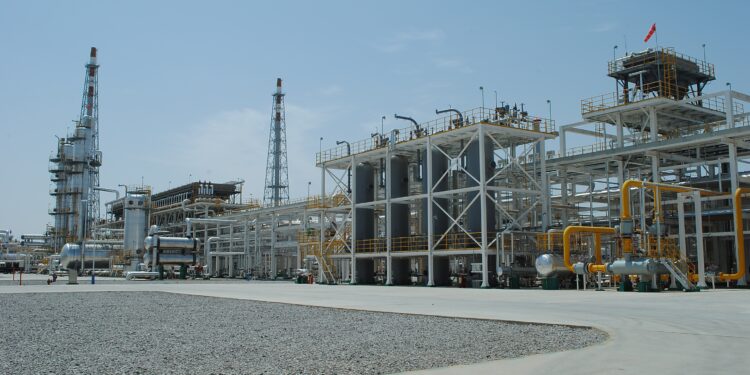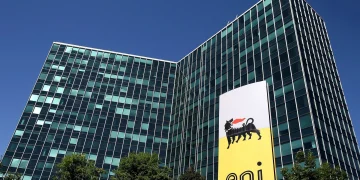ADNOC and Turkmengaz Will Develop the Third Phase at Galkynysh
The national oil company from the UAE – Abu Dhabi National Oil Company (ADNOC) – has agreed with Turkmenistan to participate in the development of the world’s second largest natural gas field. The memorandum of understanding concluded between the companies on the development of the largest gas field in the country involves the possible involvement of other strategic partners for the development of the third stage of the Galkynysh field, as well as the implementation of energy projects for the construction of gas pipeline infrastructure intended for the supply of natural gas for export.
Turkmen Galkynysh (Revival) with reserves of 27.4 trillion cubic meters. m of gas (according to some estimates, the giant’s resources can reach 50 trillion cubic meters of gas) has been developed since 2013; currently about 90 million cubic meters are produced from this asset. m of natural gas per day. The second phase of the field involves an increase in export supplies of Turkmen gas to China from 40 to 60 billion cubic meters. m of gas. The development of the third phase at Galkynysh could become a source of supplies for the TAPI (Turkmenistan – Afghanistan – Pakistan – India) gas pipeline under construction. Turkmengaz plans to implement up to seven stages of field development and reach annual production of 200 billion cubic meters. m of gas. Capital investments in the development of the field have already exceeded 10 billion US dollars, most of which was provided by China. According to plans, Turkmenistan by 2026-2027. plans to increase supplies to China to 65 billion cubic meters. m of natural gas. The country ranks fourth in the world in terms of gas reserves, after Russia, Iran and Qatar.
ADNOC and Turkmengaz also agreed to explore potential opportunities for scientific, technical and economic cooperation in the field of reducing methane emissions into the atmosphere. Turkmenistan has joined the global agreement on methane and aims to consistently work in this direction at the international and regional level. The country has joined the Paris Agreement and adopted the National Climate Change Strategy, which includes measures to reduce and eradicate the negative consequences of methane emissions into the atmosphere. The strategy involves the introduction and use of modern environmentally friendly and resource-saving technologies, primarily in the oil and gas, transport, electricity and construction industries, as well as agriculture.







